Georg Solti - Verdi: Don Carlo (1988)
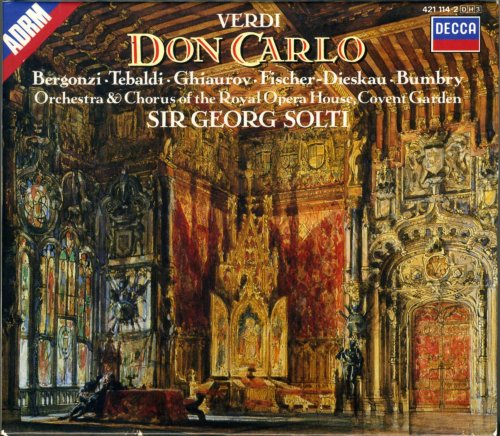
Artist: Sir Georg Solti
Title: Verdi: Don Carlo
Year Of Release: 1988
Label: Decca
Genre: Classical
Quality: FLAC (image + .cue, log, artwork)
Total Time: 03:18:02
Total Size: 944 MB
WebSite: Album Preview
Tracklist:Title: Verdi: Don Carlo
Year Of Release: 1988
Label: Decca
Genre: Classical
Quality: FLAC (image + .cue, log, artwork)
Total Time: 03:18:02
Total Size: 944 MB
WebSite: Album Preview
CD 1
Act 1:
01. Coro Di Cacciatori: Su, cacciator! (1:32)
02. Fontainebleau! Foresta innmmensa e solitaria (2:10)
03. Io la vidi e al suo sorriso (2:32)
04. Il Suon Del Como Alfin Nel Bosc (2:41)
05. Al Mio Pie', Perch'e? (3:51)
06. Di Qual Amor, Di Quanto Ardor (4:53)
07. Al Fedel Ch'ora Viene, O Signora (1:12)
08. L'ora Fatale'e Suonata (0:47)
09. Inni Di Festa (1:22)
10. Il Glorioso Re Di Francia, il grande Enrico (5:10)
11. SCENA 1: Carlo Il Sommo Imperatore (7:00)
12. Al Chiosrto Di San Giusto (2:01)
13. E lui Desso l Infante (4:07)
14. Dio, Che Nell' Alma Infondere Amor... (4:41)
15. SCENA 2: Sotto ai folti, immensi abeti (3:24)
16. Nei giardin del bello (4:21)
17. La regina (8:52)
CD 2
Act 2:
01. Scena 2: Lo Vengo a demandar grazia alla mia Regina (9:56)
02. Il Re (1:17)
03. Non Pianger, Mia Compagna (4:15)
04. Restate (2:16)
05. Signor, Di Fiandra Arrivo (6:22)
06. Oso Lo Sguardo Tuo Penetrar il mio soglio (3:29)
07. Preludio (3:02)
Act 3:
08. Scena 1: A mezzanotte, ai giardin della Regina (5:17)
09. Al mio furor sfuggite invano (6:50)
10. Scena 2: Spuntato ecco il di d'esultanza (10:42)
11. Sire, no, l'ora estrema (4:37)
12. Sire! Egli e tempo ch'io viva! (5:08)
CD 3
Act 4:
01. Scena 1: Ella giammai m'amo (10:13)
02. Il grande Inquisitor (3:37)
03. Nell' ispano suol mai l'eresia domino (4:08)
04. Giustizia (6:27)
05. Ah si maledotto, sospetto fatale (4:21)
06. Pieta, perdon, per la rea che si pente (3:09)
07. O don fatale (5:03)
08. Scena 2: Son io, mio Carlo (3:40)
09. Per me giunto e il di supremo (4:39)
10. O Carlo, ascolta (3:32)
11. Mio Carlo, a te la spada io rendo (3:39)
12. ATTO 5: Tu che le vanita (5:27)
13. Francia, nobile suol, si caro ai miei verd'anni (5:21)
14. E dessa (5:49)
15. Ma lassu ci vedremo in un mondo migliore (3:34)
16. Si, per sempre (1:36)
Solti's interpretations held more than surface excitement. In conducting Beethoven, for example, he long held that the symphonies should be played with all their repeats to maintain their structural integrity, and he carefully rethought his approach to tempo, rhythm, and balance in those works toward the end of his life.
Solti began as a pianist, commencing his studies at age six and making his first public appearance at 12. When he was 13 he enrolled at Budapest's Franz Liszt Academy of Music, studying piano mainly with Dohnanyi and, for a very short time, Bartok. He also took composition courses with Kodaly. Although he aspired to be a concert pianist, upon graduating from the academy when he was 18 he took a job as repetiteur at the Budapest Opera. This practical opera experience enabled him to serve as an assistant at the Salzburg Festival to Bruno Walter in 1935 and Arturo Toscanini in 1936 and 1937. In 1938, he made his own conducting debut -- by all accounts a brilliant performance -- in a Budapest Opera production of Mozart's Le nozze di Figaro. He was Jewish, and rising anti-Semitism drove him to Switzerland in 1939, where he supported himself mainly as a concert pianist; he couldn't obtain a labor permit as a conductor. In 1942 he won the Concours International de Piano in Geneva, but it wasn't until 1944 that he had a serious chance to take up the baton again, in guest appearances with the Swiss Radio Orchestra.
In 1946, the American occupying forces invited Solti to conduct Fidelio at the Bavarian State Opera. Almost immediately Solti was appointed the company's general music director, a post he held until 1952; in that year he assumed the duties of general music director in Frankfurt, conducting opera productions and symphonic concerts. He also began making a name for himself in America, through appearances with the San Francisco Opera, Chicago Symphony, New York Philharmonic, and, in 1960, the Metropolitan Opera. He had made his London Covent Garden debut in 1959, and in 1961 the Royal Opera House engaged him as music director. Solti greatly improved the company's orchestral standards during his term, which lasted until 1971.
Solti made his most significant contribution during this period on LP, with the first stereo recording (for Decca) of Wagner's entire Ring cycle, completed in 1966. Even greater acclaim followed him as director of the Chicago Symphony, from 1969 to 1991. Yet Solti spent fairly little time in Chicago; as was becoming the norm, he held major simultaneous posts on two continents. He was music advisor to the Paris Opera 1971-1973, music director of the Orchestre de Paris 1972-1975 (a group he took to China in 1974), and principal conductor and artistic director of the London Philharmonic 1979-1983. European guest stints included conducting the Bayreuth Festival's Ring cycle in 1983, marking the 100th anniversary of Wagner's death.
In 1972 he became a British subject and received his official knighthood; under the circumstances, he also sanctioned the pronunciation of his first name as "George," although he retained the German spelling.
Solti was regarded as, above all, a superb Wagnerian. His performances and countless recordings of other nineteenth century German and Austrian music were also well-regarded, as were his Verdi and his frequent forays into such twentieth century repertory as Bartok, Shostakovich, and Stravinsky. Solti served as a strong advocate for such new works as Hans Werner Henze's Heliogabalus Imperator, David Del Tredici's Final Alice, and Michael Tippett's Symphony No. 4, all of which he premiered in Chicago. -- James Reel
Solti began as a pianist, commencing his studies at age six and making his first public appearance at 12. When he was 13 he enrolled at Budapest's Franz Liszt Academy of Music, studying piano mainly with Dohnanyi and, for a very short time, Bartok. He also took composition courses with Kodaly. Although he aspired to be a concert pianist, upon graduating from the academy when he was 18 he took a job as repetiteur at the Budapest Opera. This practical opera experience enabled him to serve as an assistant at the Salzburg Festival to Bruno Walter in 1935 and Arturo Toscanini in 1936 and 1937. In 1938, he made his own conducting debut -- by all accounts a brilliant performance -- in a Budapest Opera production of Mozart's Le nozze di Figaro. He was Jewish, and rising anti-Semitism drove him to Switzerland in 1939, where he supported himself mainly as a concert pianist; he couldn't obtain a labor permit as a conductor. In 1942 he won the Concours International de Piano in Geneva, but it wasn't until 1944 that he had a serious chance to take up the baton again, in guest appearances with the Swiss Radio Orchestra.
In 1946, the American occupying forces invited Solti to conduct Fidelio at the Bavarian State Opera. Almost immediately Solti was appointed the company's general music director, a post he held until 1952; in that year he assumed the duties of general music director in Frankfurt, conducting opera productions and symphonic concerts. He also began making a name for himself in America, through appearances with the San Francisco Opera, Chicago Symphony, New York Philharmonic, and, in 1960, the Metropolitan Opera. He had made his London Covent Garden debut in 1959, and in 1961 the Royal Opera House engaged him as music director. Solti greatly improved the company's orchestral standards during his term, which lasted until 1971.
Solti made his most significant contribution during this period on LP, with the first stereo recording (for Decca) of Wagner's entire Ring cycle, completed in 1966. Even greater acclaim followed him as director of the Chicago Symphony, from 1969 to 1991. Yet Solti spent fairly little time in Chicago; as was becoming the norm, he held major simultaneous posts on two continents. He was music advisor to the Paris Opera 1971-1973, music director of the Orchestre de Paris 1972-1975 (a group he took to China in 1974), and principal conductor and artistic director of the London Philharmonic 1979-1983. European guest stints included conducting the Bayreuth Festival's Ring cycle in 1983, marking the 100th anniversary of Wagner's death.
In 1972 he became a British subject and received his official knighthood; under the circumstances, he also sanctioned the pronunciation of his first name as "George," although he retained the German spelling.
Solti was regarded as, above all, a superb Wagnerian. His performances and countless recordings of other nineteenth century German and Austrian music were also well-regarded, as were his Verdi and his frequent forays into such twentieth century repertory as Bartok, Shostakovich, and Stravinsky. Solti served as a strong advocate for such new works as Hans Werner Henze's Heliogabalus Imperator, David Del Tredici's Final Alice, and Michael Tippett's Symphony No. 4, all of which he premiered in Chicago. -- James Reel

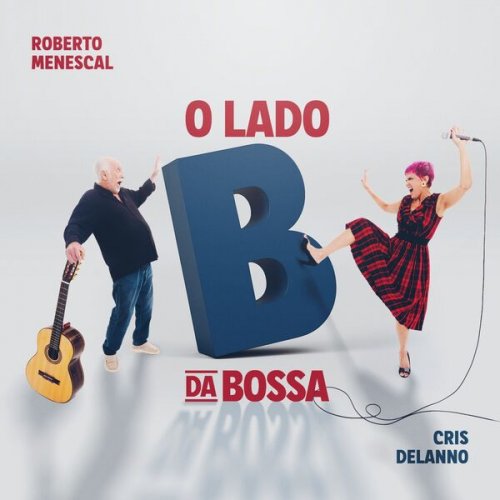
![Posey Royale - The Real Low-Down (2025) [Hi-Res] Posey Royale - The Real Low-Down (2025) [Hi-Res]](https://www.dibpic.com/uploads/posts/2025-12/1765494723_zbd6vfngwwskb_600.jpg)
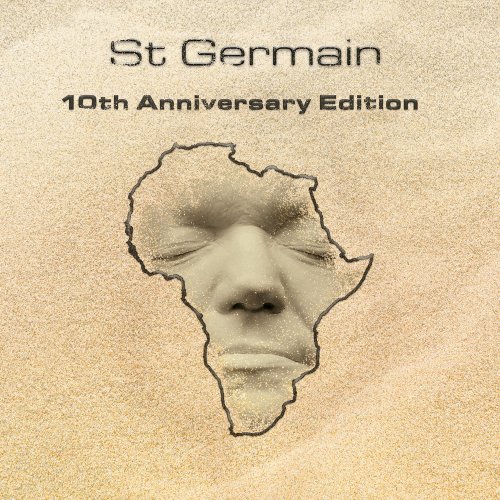
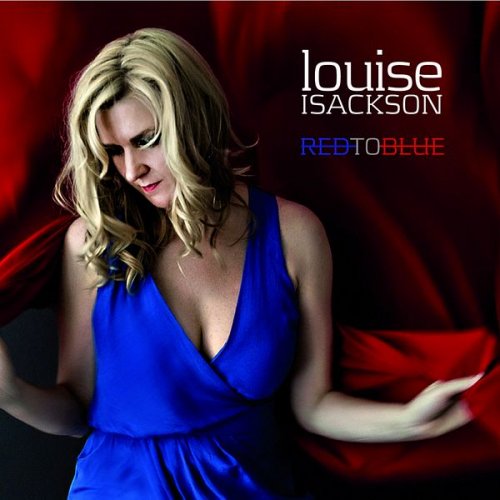
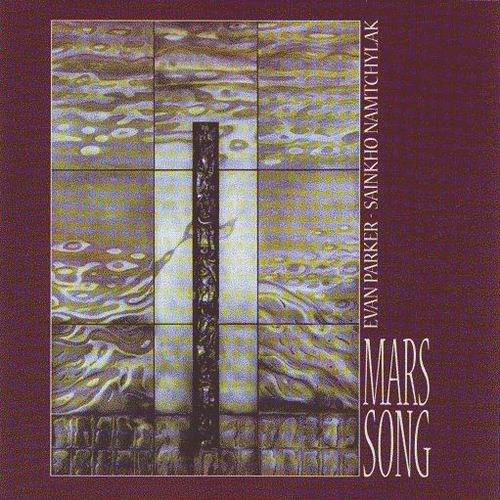
![Sam Dillon, Andrew Gould - Trade Off (2025) [Hi-Res] Sam Dillon, Andrew Gould - Trade Off (2025) [Hi-Res]](https://www.dibpic.com/uploads/posts/2025-12/1765497612_e7q3c9soiingb_600.jpg)
![Nectar Woode - Live at Village Underground (Live At Village Underground) (2025) [Hi-Res] Nectar Woode - Live at Village Underground (Live At Village Underground) (2025) [Hi-Res]](https://img.israbox.com/img/2025-12/15/eiazyx7yigt2lhbv1tcd3eos6.jpg)
